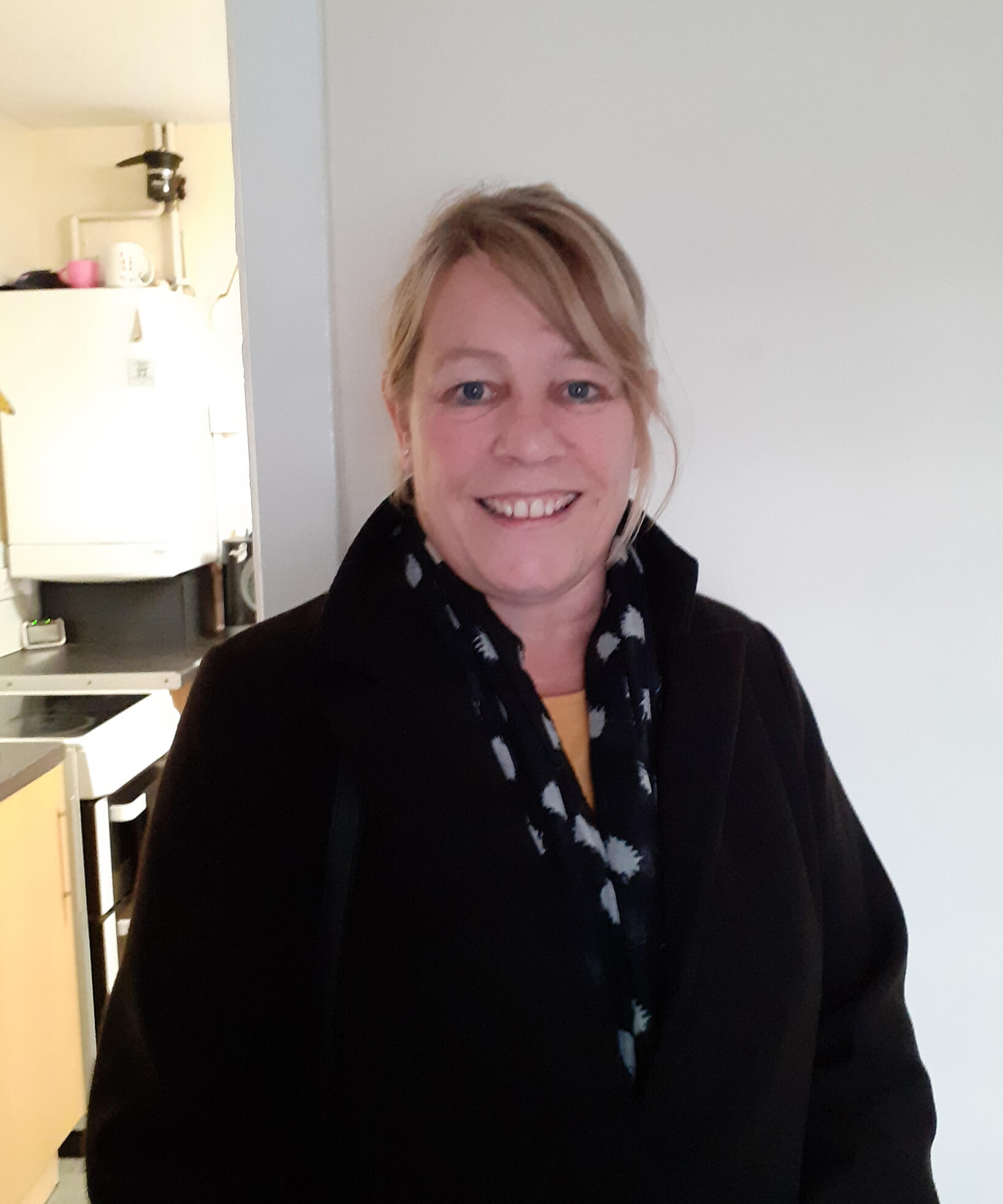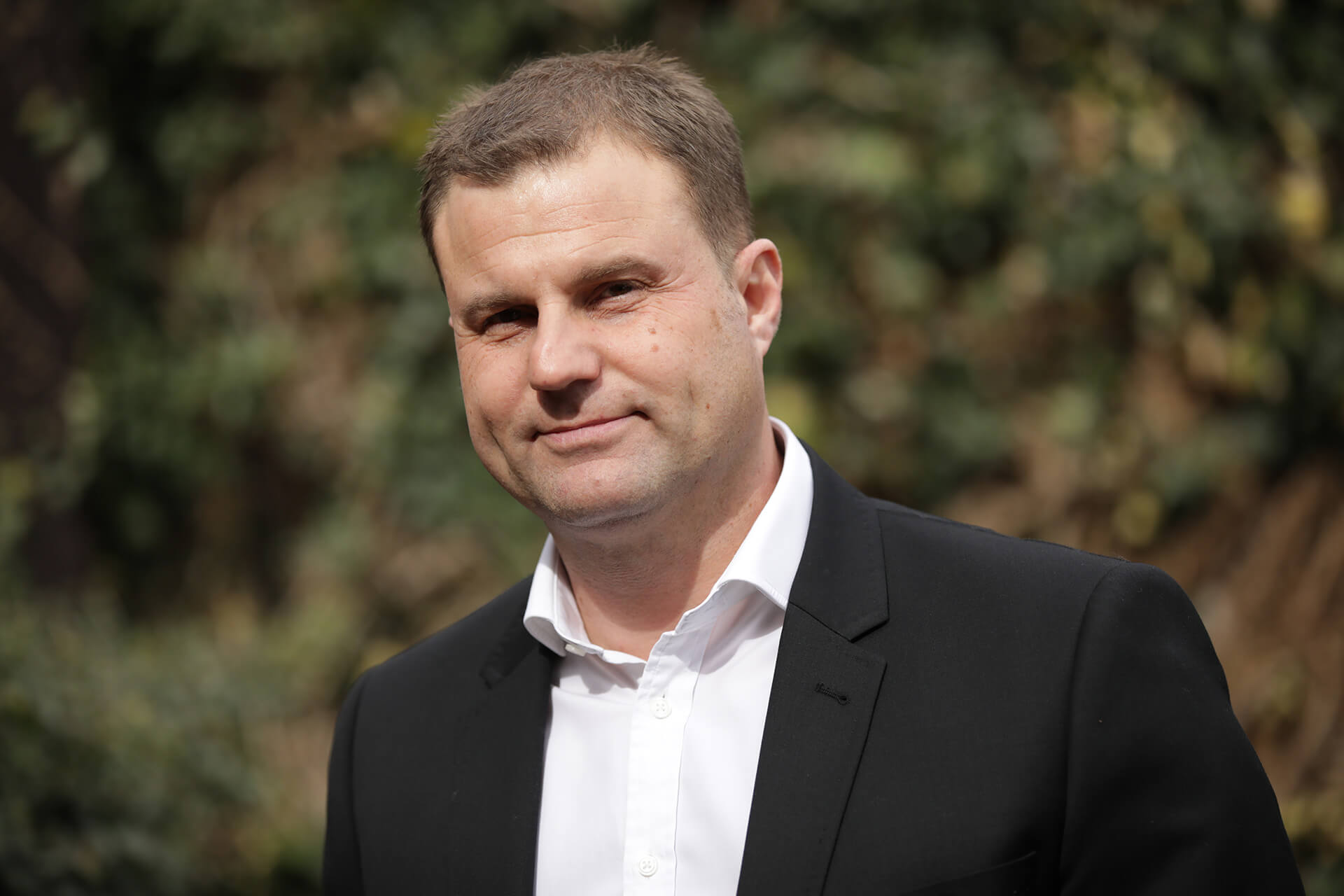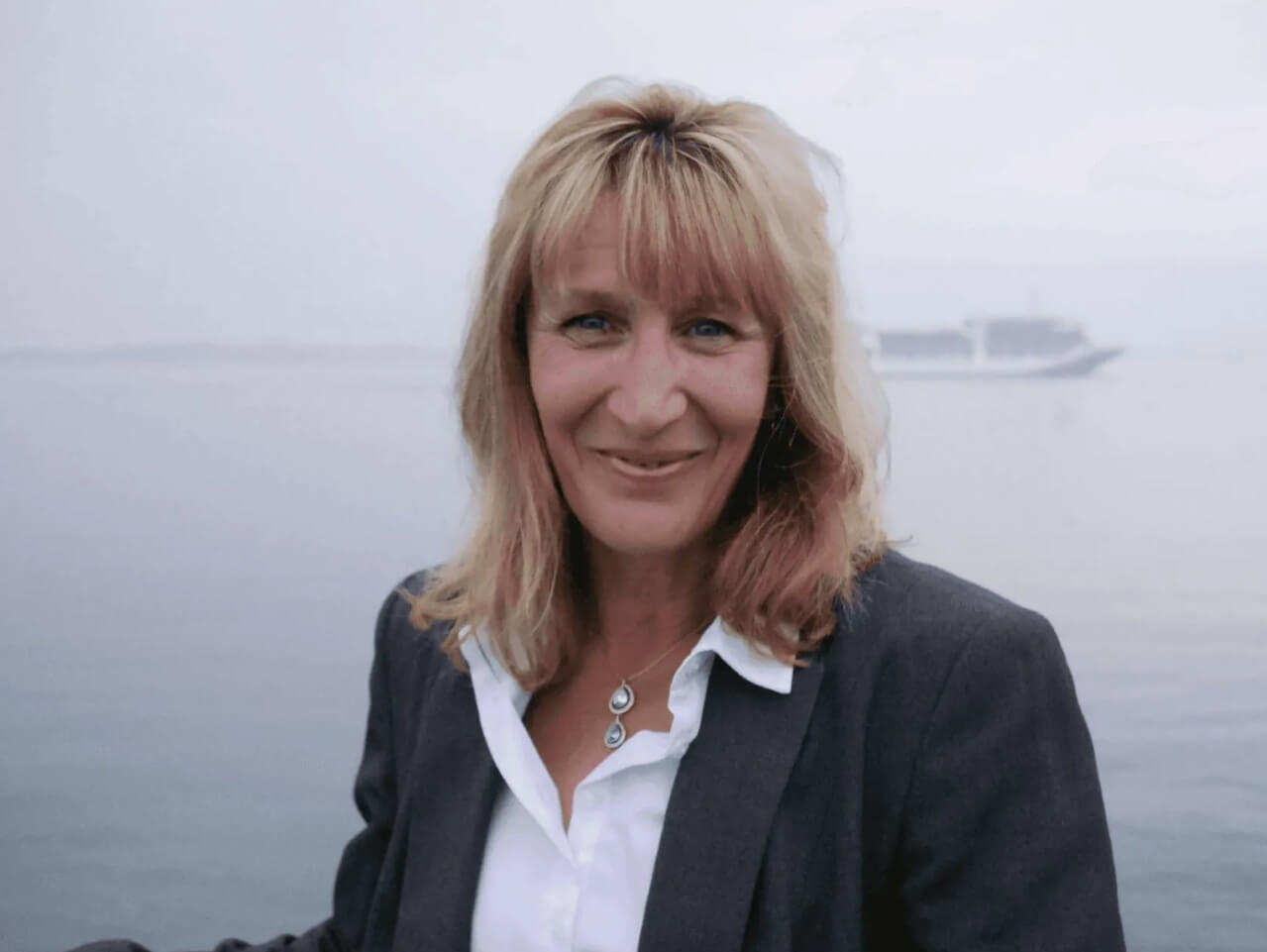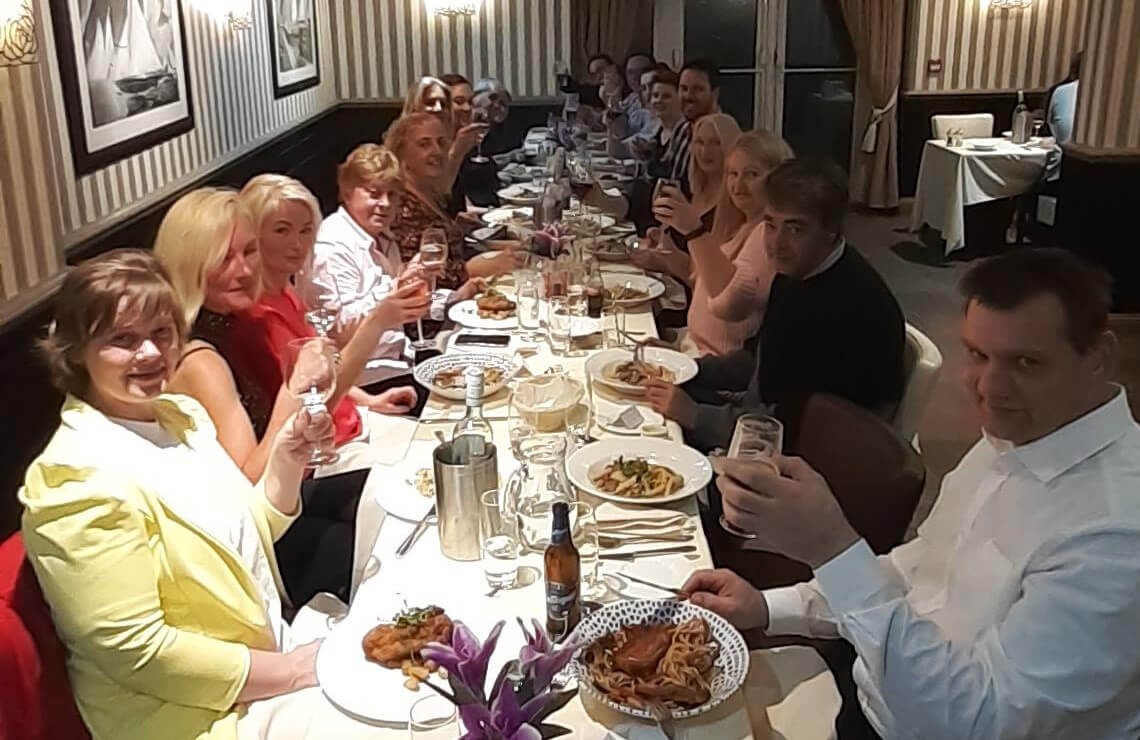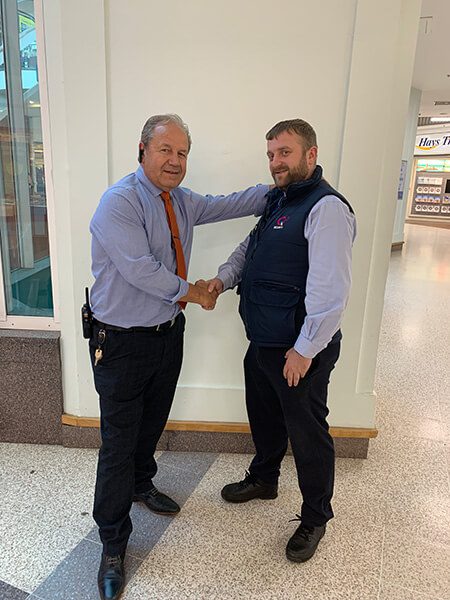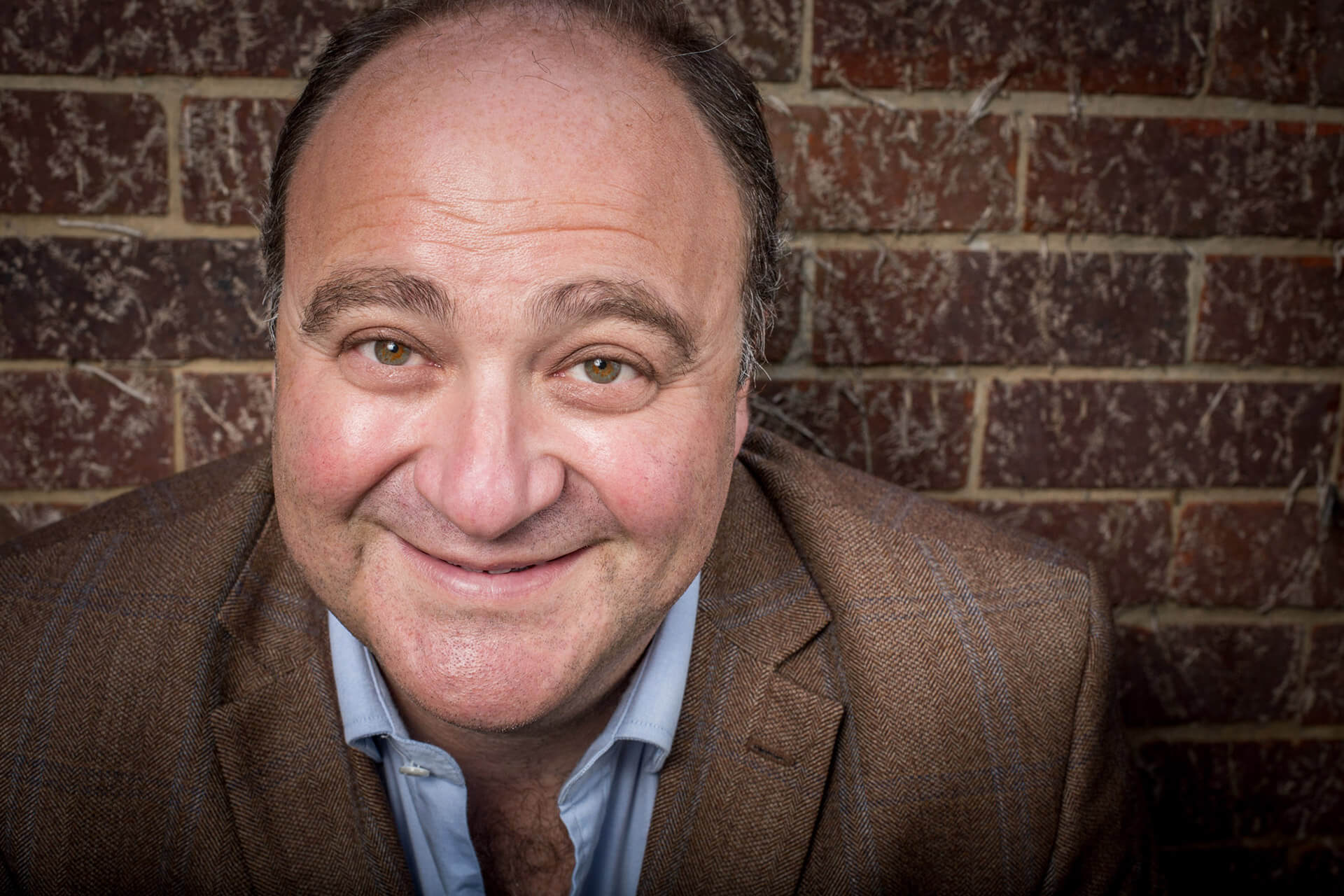Chris renewed some old acquaintances when he joined Q3 earlier this year
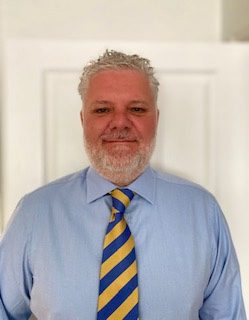
In the fifth of a series of five-minute chats with Q3 people, we hear from Chris Finch, a front-line Operations Manager on one of our major contracts.
“Hi, I’m Chris Finch and I am the Contract Manager on Q3’s cleaning contract with the London Borough of Redbridge.
“I joined Q3 on 1st July this year to help mobilise the contract for an August 1st start, and it’s been pretty full on ever since. Redbridge is quite a diverse contract, covering a number of schools, shelters, public toilets, homes and commercial space properties, employing over 100 cleaners and it keeps me on my toes!
“I have worked in the cleaning business for over 25 years, starting with GBM in London, before spending 13 years with Mitie looking after some high-profile contracts such as the Royal Palaces, National Audit Office, OFCOM and BBC. It’s during that time I worked closely with people like Martyn, Alex and Stuart who now form the core of the Q3 management team, and it’s been great reuniting with them after all this time.
“One thing I particularly like about working in this industry is that it allows me to set and achieve my own goals – that’s over and above the contract’s specific objectives and KPIs. I like nothing better than kicking off the morning by talking to the teams at the sharp end doing all the work. Frequently, these people are often a great source of new ideas and ways of improving delivery, and they know what’s working well and what isn’t. I also enjoy the client interaction and working hard to get them on side. You have to accept that there is a fine line between creating a close business association and becoming a friend, and you can’t cross it. But building trust and a strong relationship based on understanding is fundamental to a successful contract. And the number one rule is always to be proactive not reactive, anticipating potential issues and presenting new ideas to improve efficiency or manage cost.
“Since we mobilised, recruitment has probably been the biggest challenge. Redbridge is a multi-cultural Borough and many of my team are Lithuanian. Despite us being a Real Living Wage provider and offering high rates of pay, it’s possible for them to earn similar money back home. This is not just a London problem and although the situation is improving slightly, the wage pressure does make the economics of the contract a challenge.
“We were lucky in that we were able to roll out the contract with Covid cleaning measures in place from the outset, but we will now need to redouble our efforts with the threat of the new variant and reinforcement of control measures in the workplace. This is particularly the case in the schools on this the contract where we have to work much harder because the Heads Teachers are quite rightly all over the situation.
“I live with my family in south-east London and with two young girls, have a busy home life. When time permits, I am a manic golfer and working hard to improve my handicap. Golf provides relaxation and fresh air, helps me clear my mind and recharge the batteries.”
 Channel Islands
Channel Islands

